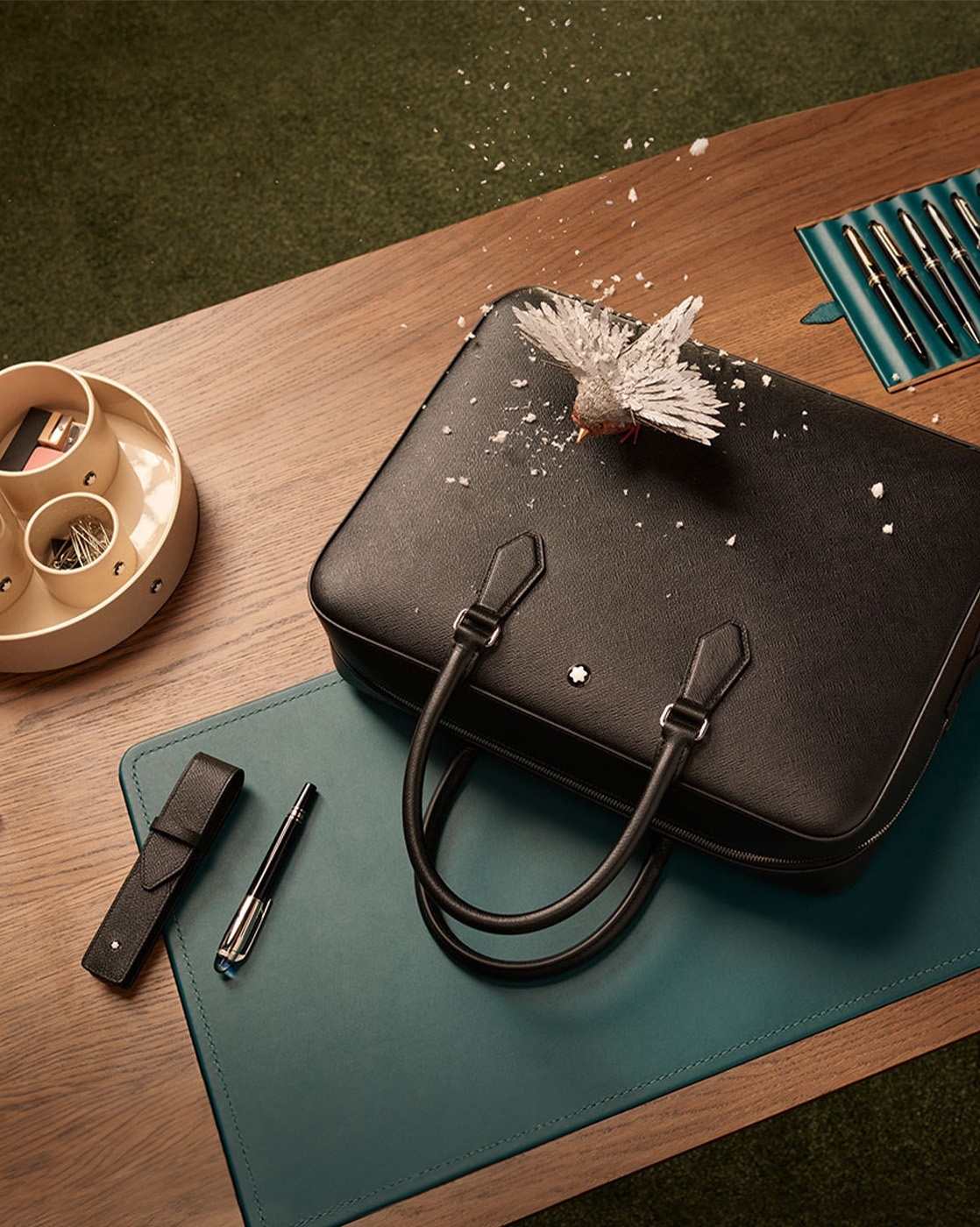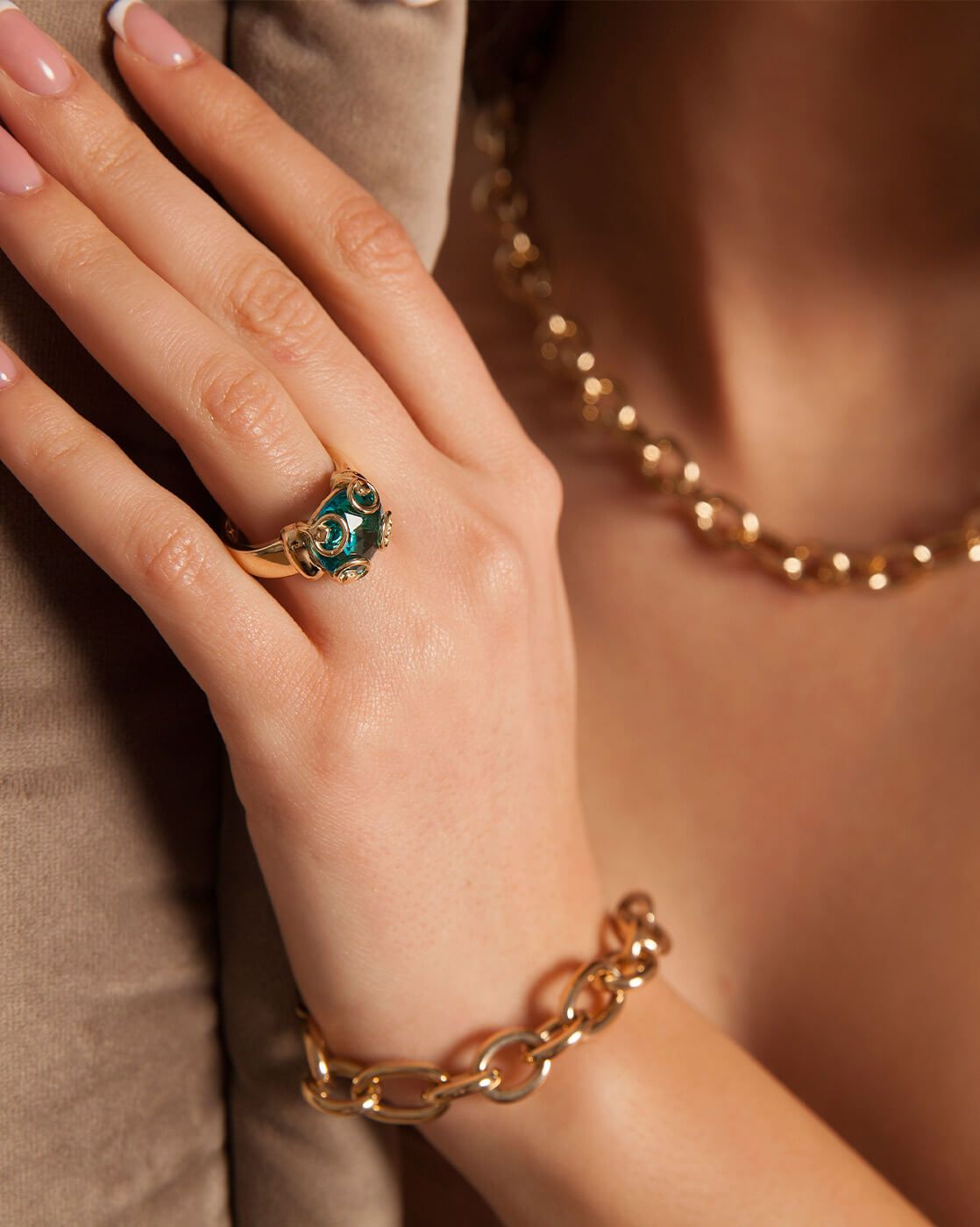1. History Taking
As part of the history taking, the optometrist will ask you questions about your reason for visit, family history of medical and eye health conditions including lifestyle diseases like diabetes, hypertension etc., and allergies and any vision problems or symptoms you might be experiencing.
2. Visual Acuity Test
This test measures how clearly you can see. You will be asked to read alphabets or numbers on a screen positioned at a specific distance. The lines of the font type get smaller as you move down the chart. Depending upon the extent of the print you can read, your vision is recorded for each eye separately.
Your near-sighted vision is also tested, using a card with letters similar to the distance eye using a card held at a reading distance.
3. Power of Glasses
If you are already wearing eyeglasses, the power of your eyeglasses will be measured on the Lensmeter, and will then be compared with the power obtained during the current testing.
4. Eye Exam
Following are the aspects of your consultation:













